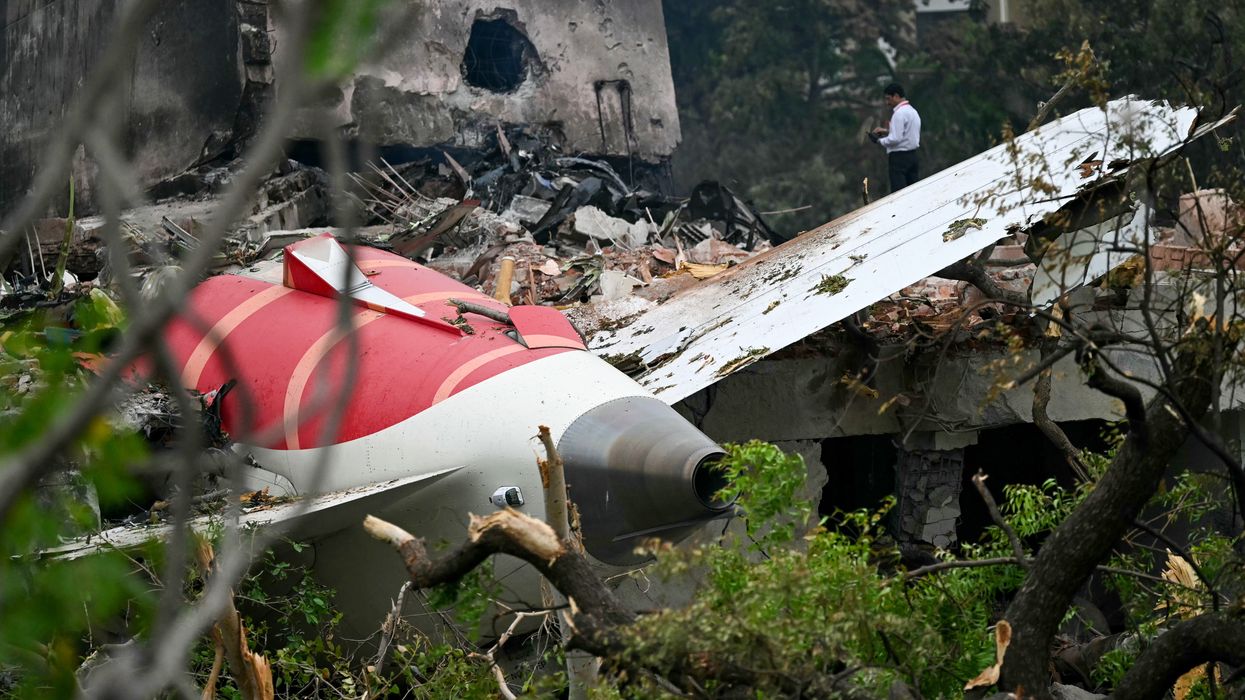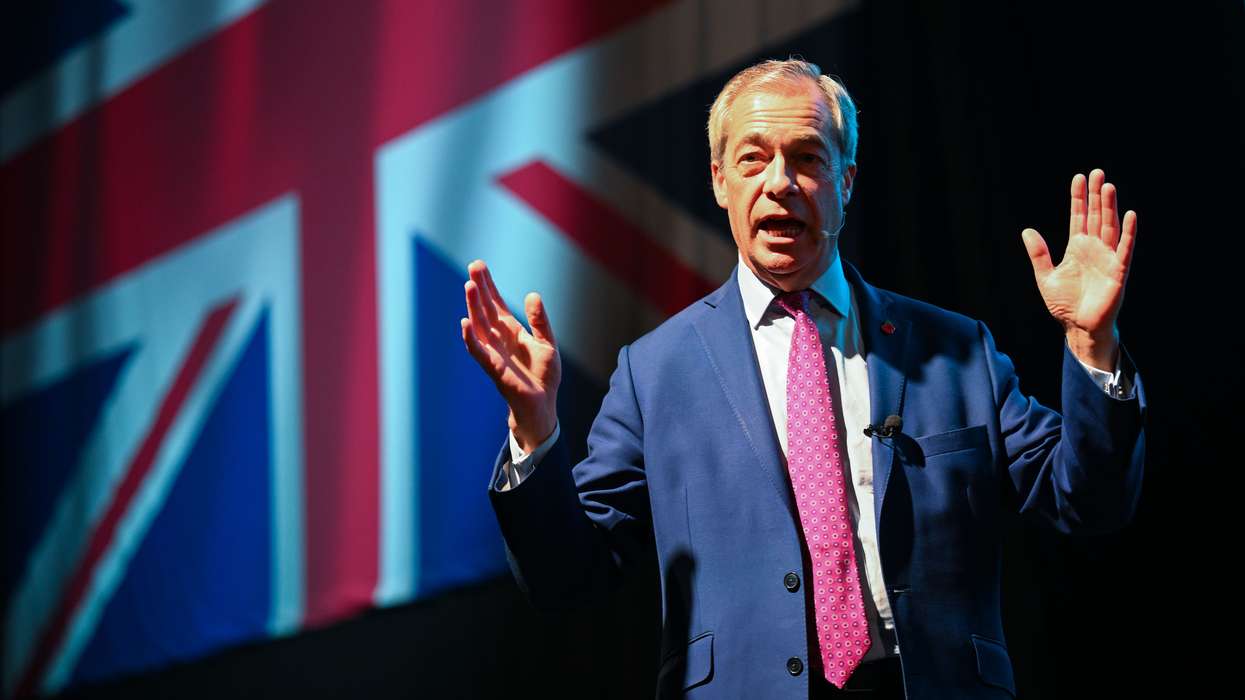SEVERAL British families who lost loved ones in the Air India crash on 12 June say they received the wrong remains, according to aviation lawyer James Healy-Pratt.
One family cancelled funeral plans after discovering the body in the coffin was not their relative, The Guardian reported. Another received “commingled” remains of multiple victims, which had to be separated before burial, The Daily Mail reported.
The errors came to light during checks by senior coroner Dr Fiona Wilcox, who verified identities by matching DNA with samples from relatives, according to The Mail.
The London-bound Boeing 787 Dreamliner crashed shortly after takeoff from Ahmedabad, killing 241 people onboard, including 52 Britons. Nineteen people on the ground also died and 67 were seriously injured. A preliminary report said both fuel switches were moved to the cut-off position, stopping fuel to the engines.
Healy-Pratt said the families were in contact with MPs, the Foreign Office, and the prime minister’s and foreign secretary’s offices. “On the known evidence, the chain of custody of these lost loved ones was unacceptably poor,” he said.
Air India declined to comment but told The Guardian the hospital handled identification. India’s external affairs ministry said all remains were identified using established protocols.





